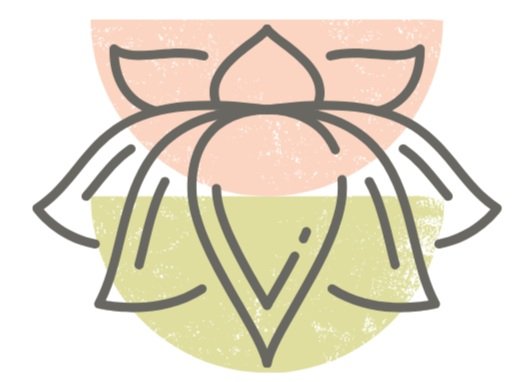The Motherload: Unpacking the Guilt We Carry in Parenthood
There’s a certain kind of weight many parents carry—especially mothers. It’s not just the physical demands of parenting, the endless tasks or sleepless nights. It’s the emotional load. The mental tabs we keep open. The self-questioning. The second-guessing. It’s the guilt that sneaks in when we raise our voice, when we choose work over play, when we scroll for five minutes while our child is talking. This emotional burden is what I often refer to as the motherload of guilt, and it’s heavy.
Guilt in parenthood is incredibly common, but rarely talked about honestly. We carry it in silence, worried that naming it means we’re failing. But the truth is, guilt is often a sign of how deeply we care. The problem is when that caring turnsinward as shame, self-judgement, or chronic self-doubt. Many of us are trying to parent consciously, gently, and with attunement—while also living in a world that doesn’t give us the space, support, or rest we need to do so.
From a somatic perspective, guilt isn’t just a thought, it’s something we feel in the body. A tight chest. A clenched jaw. A pit in the stomach. Our nervous system responds to guilt as a signal of “wrongness,” and when it’s chronic, it can leave us stuck in states of anxiety, over functioning, or shutdown. Over time, this affects not only our wellbeing but also our connection with ourselves and with our children. Much of this guilt isn’t even ours. It’s inherited: from cultural norms, gender roles, and internalised expectations of what a “good” parent should be. We're bombarded with messages that we should always be available, endlessly patient, emotionally regulated, present, and productive - all at once. No wonder we feel like we’re not enough.
So what can we do? First, we name it. We speak it aloud. We get curious about the guilt without letting it define us. We ask: Whose voice is this? Is this expectation fair or even possible? And we begin to bring in compassion - not as a soft, fluffy concept, but as a radical act of resistance.
Compassion says: You’re allowed to be human. You’re allowed to have needs. You’re still a good parent even when you’re tired, triggered, or imperfect.
Letting go of the myth of the perfect parent doesn’t mean we stop trying—it means we stop punishing ourselves for being human. Our children don’t need perfect parents. They need present ones. And presence starts with turning toward ourselves with the same gentleness we offer them.
You don’t have to carry the motherload alone - "You can be strong, and still be tired. You can be grateful, and still need support. Wholeness doesn’t ask you to choose — it asks you to include all of it."
Thanks for reading!
- Stacey Hampshire

